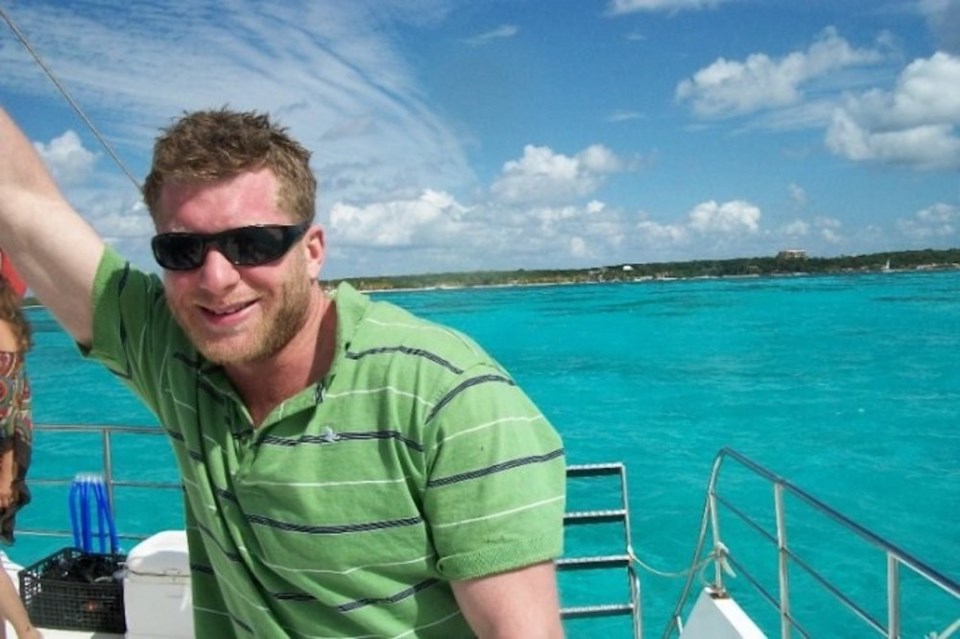As a criminologist who has documented, researched and written on police killings of civilians and subsequent oversight outcomes, I was not surprised that the coroner’s jury in the killing of Myles Gray recommended training and body cameras [“Vancouver police commit to body cameras, training in response to Myles Gray’s death,” June 13].
These are rather common recommendations coming from such inquests. At the same time, we need to recognize the limits, even ineffectiveness, of these in stopping police killings.
I attended every session of the coroner’s inquest into Myles Gray’s killing and was struck by the fact that several of the officers involved in his death testified on the stand that they could not recall what, if any, training they received on de-escalation or mental distress calls. This said plenty about training as a would-be reform.
Perhaps the most striking moment in the inquest testimony came when forensic pathologist Dr. Matthew Orde said: “What we can say with some degree of certainty, based on the reported circumstances surrounding Mr. Gray’s death, the autopsy findings and a careful analysis of the published literature, is I don’t think he would have died when he did had it not been for the police interaction on that day.”
[Myles’ mother] Margie Gray is certainly correct in saying that what needs to happen is a non-police response to people in mental health crisis. A response based on care and compassion.
Dr. Jeff Shantz, Department of Criminology, Kwantlen Polytechnic University, Surrey





